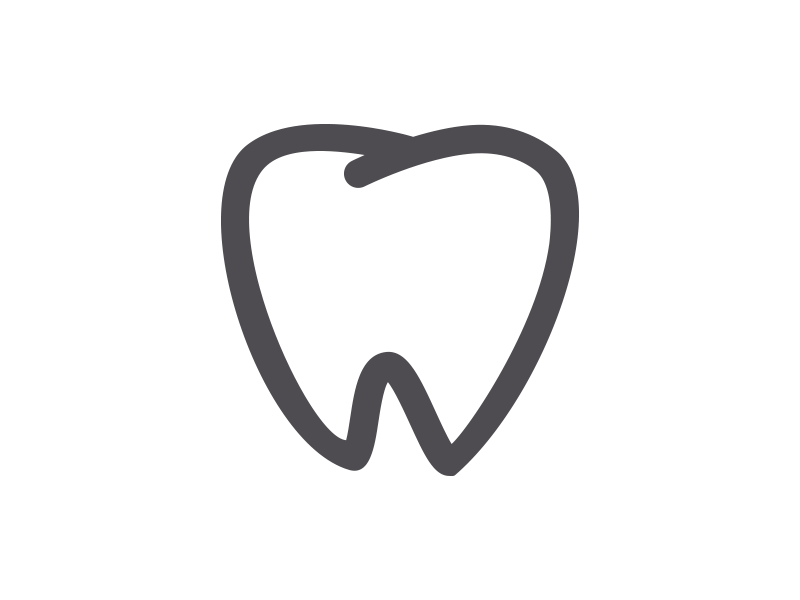Cracked Tooth
Cracked Tooth
Do You Have a Cracked Tooth?
A tooth that is cracked can be painful. It also can lead to disease of the tooth.
How do you know if you have a cracked tooth? Look for these signs:
• sharp pain when biting down that quickly disappears
• pain that comes and goes
• pain when eating or drinking
• feeling that something is stuck between your teeth
Or you may have no signs at all.
How Can You Tell if a Tooth is Cracked?
It can be hard for you to tell if a tooth is cracked. If you have pain, you may not be able to tell which tooth hurts or whether the pain is from an upper or a lower tooth. Cracks sometimes are invisible to the eye and may not show up on an x-ray. And sometimes you won’t have any pain or sensitivity at all; your dentist will discover it during your exam.
If you are having symptoms, you can help your dentist find the cracked tooth by sharing some information:
• the things that cause you tooth pain (such as heat, cold or foods that are sweet, sour or sticky)
• the area of the pain
Why Does a Tooth Crack?
A tooth may crack for many reasons, such as the following:
• chewing on hard objects or foods such as pencils, ice, nuts or hard candy
• an accident, such as a blow to the mouth
• grinding or clenching of teeth
• uneven chewing pressure, especially if a nearby tooth is lost
• loss of tooth structure through wear
• loss of tooth structure due to large fillings or other restorations
• exposure of tooth enamel to extreme hot and cold temperatures

Why Does a Cracked Tooth Hurt?
Sometimes, a crack in the enamel travels through to the nerve pulp. This type of cracked tooth may hurt when you bite down or when you stop biting. The crack may be too small to see, but when it opens, the pulp inside the tooth may become irritated. The pulp is soft tissue inside the center of the tooth that contains the nerves and blood vessels. If the crack extends into the pulp, the tooth may become sensitive to extreme heat and cold.
The pulp also can be affected as a result of the crack. If this happens, endodontic (root canal) treatment may be needed to save the tooth.

A small crack in the tooth
|

Crack widens when teeth bite down
|
How is a Cracked Tooth Treated?
Treatment depends on the size, location and direction of the crack, as well as your symptoms. Your dentist will talk with you about the treatment that is best for your tooth. It is possible that your dentist will recommend no treatment at all, since tiny cracks are common and usually do not cause problems.
Types of treatment include the following:
• repairing the tooth with a filling material
• placing a crown (cap) on the tooth to protect it from further damage
• endodontic (root canal) treatment if the pulp is involved
• extracting the tooth if it is severely cracked and cannot be saved
Regular dental checkups are important, because they let your dentist diagnose and treat problems at an early stage. A cracked tooth can become a bigger problem if left untreated. If you think you may have a cracked tooth, visit your dentist.
Photo of cracked tooth with large filling captured by Dr. Joseph Nelson II.
Patient education content ©2016 American Dental Association. All rights reserved. “ADA” and the “ADA” Logo are registered trademarks of the American Dental Association.












